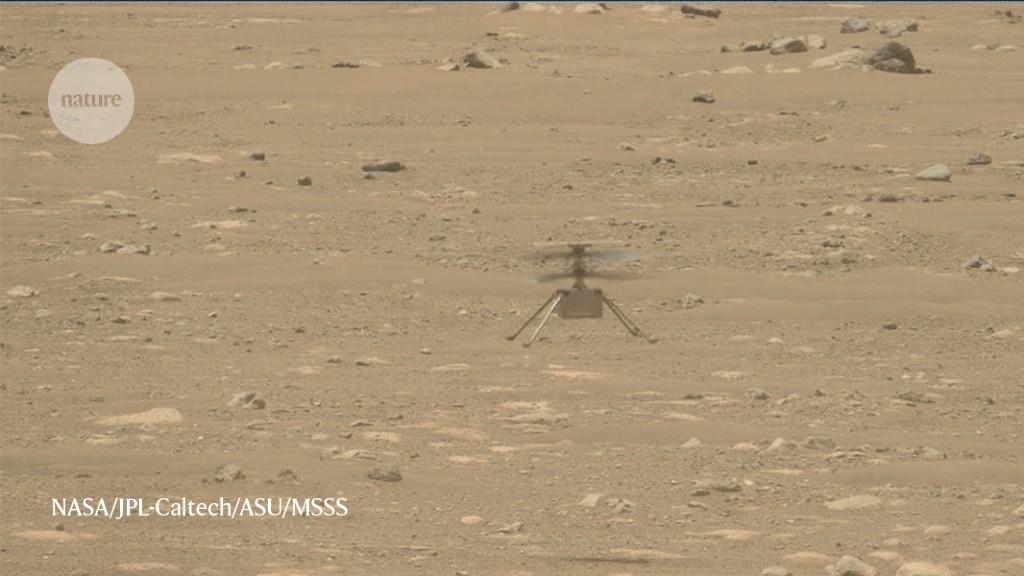
NASA's Ingenuity helicopter is the first spacecraft to successfully achieve controlled flight on another planet. Credit: NASA/JPL-Caltech/ASU/MSSS
Ingenuity, NASA's pint-sized Mars helicopter, has kicked up some surprising science on its flights over the red planet. When whizzing through the Martian air, its blades sometimes stir up a dust cloud that envelops and travels along with the tiny chopper.
In several videos of Ingenuity's flights, planetary scientists have seen dust whirling beneath the helicopter's rotors — even when Ingenuity is flying as high as 5 metres above the Martian surface. That suggests that dust can get lifted and transported in the thin Martian air more easily than researchers had suspected.
China wants to build a sustainable human presence on Mars. Here's how. | Space
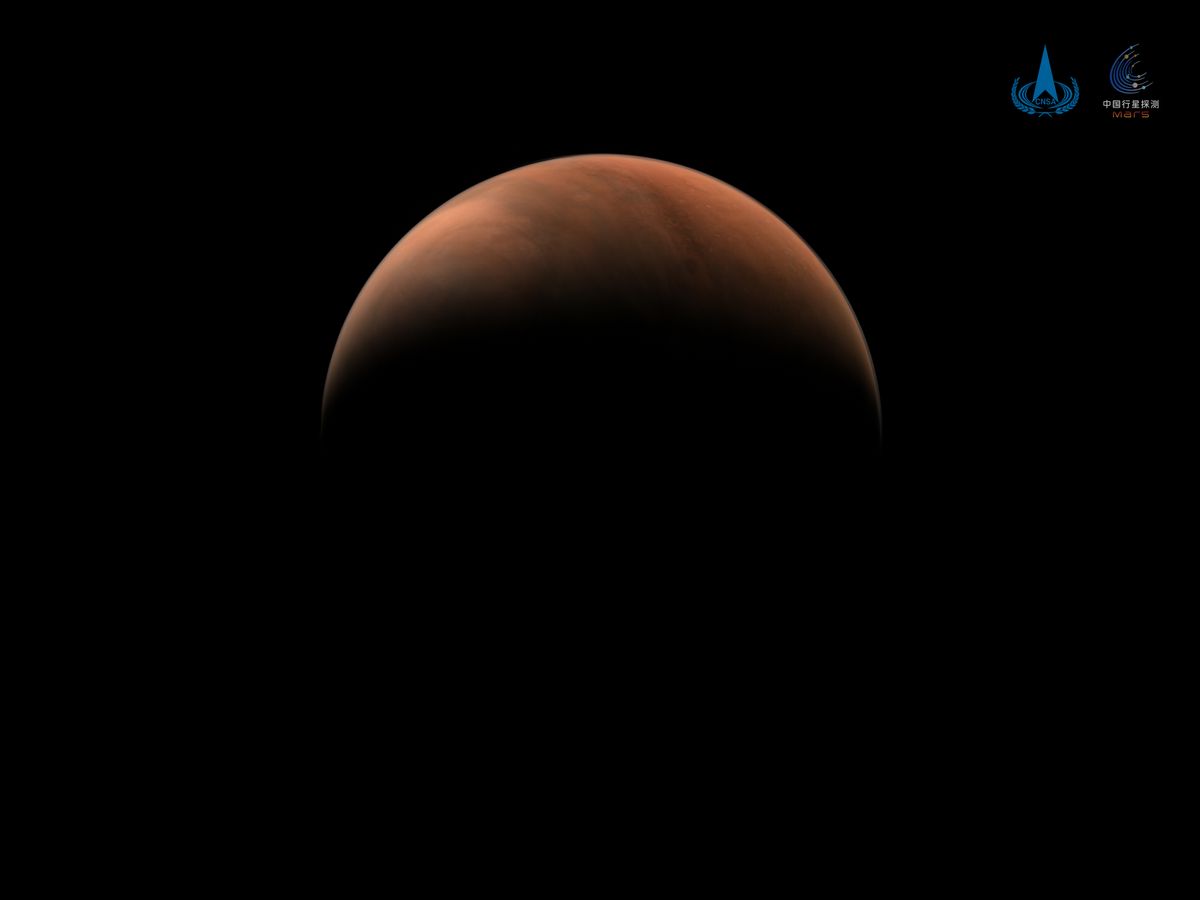
China is looking at the ways of getting astronauts to Mars and back safely and potentially establishing a long-term presence on the Red Planet.
That's according to a senior Chinese space industry official speaking Wednesday (June 16) at the Global Space Exploration (GLEX) conference taking place in St. Petersburg, Russia.
Wang Xiaojing, president of the China Academy of Launch Vehicle Technology (CALT), told the conference audience via a previously recorded speech that China is researching the best options for sustainable human missions to Mars.
Rocket Lab wins contract to design twin Mars spacecraft for NASA | Space
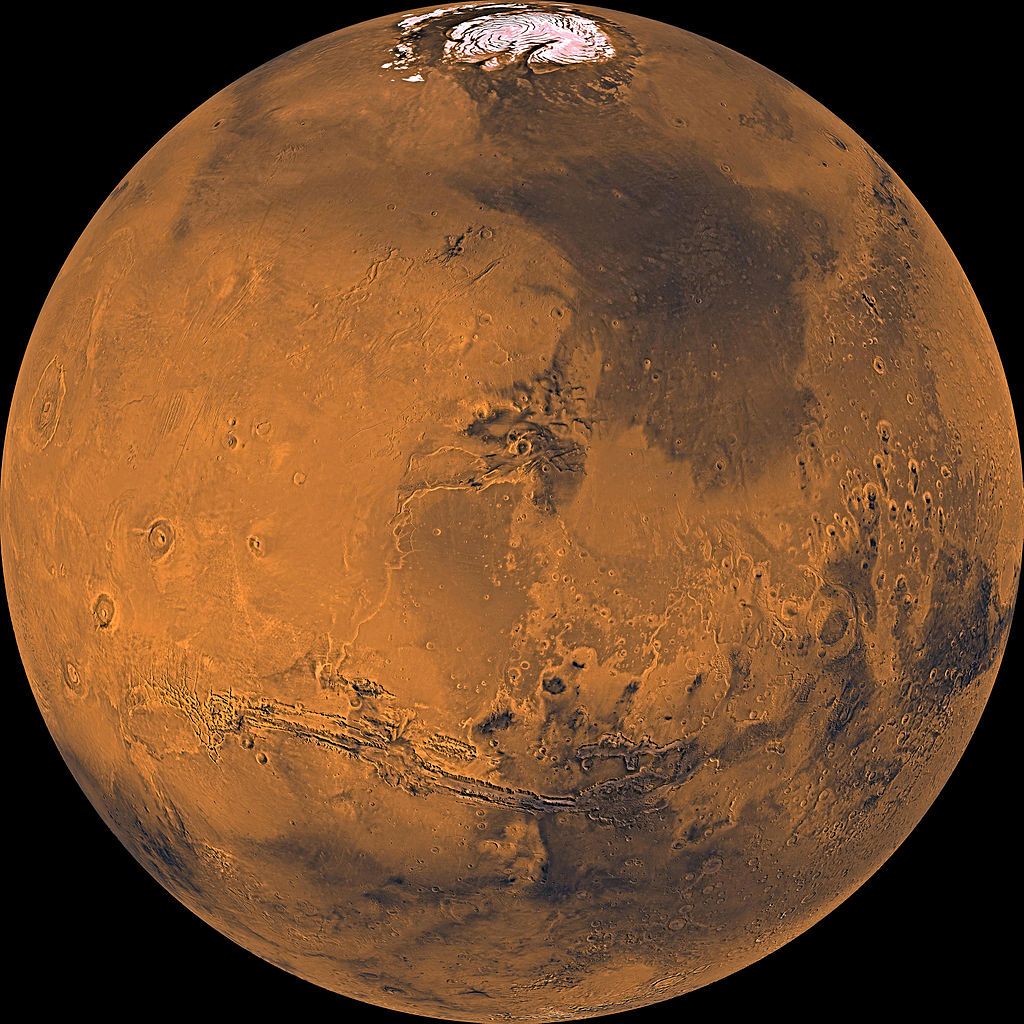
ESCAPADE , short for "Escape and Plasma Acceleration and Dynamics Explorers," would use two Mars-orbiting spacecraft to study how the planet's atmosphere is stripped away by the solar wind, the stream of charged particles flowing from the sun.
Rocket Lab will design the ESCAPADE duo using its Photon spacecraft bus, company representatives announced today (June 15).
"This is a hugely promising mission that will deliver big science in a small package," Rocket Lab founder and CEO Peter Beck said in a statement .
Why is everyone so obsessed with going to Mars? Here are some other worlds ripe for exploration
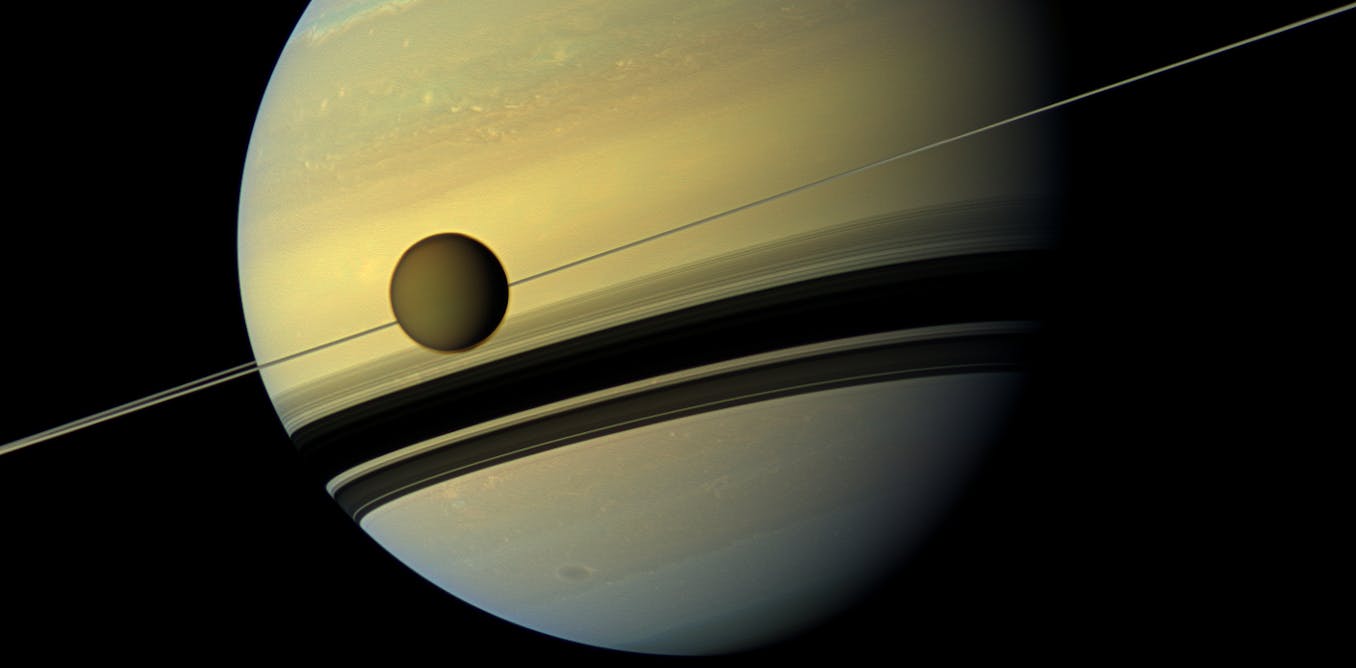
Gail Iles does not work for, consult, own shares in or receive funding from any company or organization that would benefit from this article, and has disclosed no relevant affiliations beyond their academic appointment.
Last month, China successfully landed and deployed the Zhurong rover on Mars, becoming the second country ever to set wheels on the surface of the red planet.
Video Features SBU Professors Discussing the Exploration of Mars | | SBU News

“Mars has always held out something special in the public imagination,” McLennan says. “People are looking for something that’s really exciting, and something that’s positive and something that shows we can still do things that are really important.”
“Being a part of a team that’s landing something on Mars, that feeling never gets old,” Hurowitz says. “I highly recommend it if you can be a part of a team like that.”
Sending an airship to Mars: Is it possible? And why even consider it? - CGTN

When in April 2021 NASA's rover Perseverance dropped on the surface of Mars a tiny but mighty helicopter the size of a tissue box, the vehicle, called Ingenuity, made history as the first aircraft to make a powered, controlled flight on another planet.
But as interest for the Red Planet only grows with time and exploration efforts continue, scientists are wondering – after rovers, landers and helicopters, could humans send an airship to Mars?
The short answer is yes – technically, we could physically transport a deflated airship of a reasonable size on a spacecraft from Earth to Mars. But under what conditions this could then explore the planet, fully accessorized with cameras, radars and possibly a mini rover too, is still the subject of research and studies.
SpaceX likely to miss July date for Mars rocket test - CNN
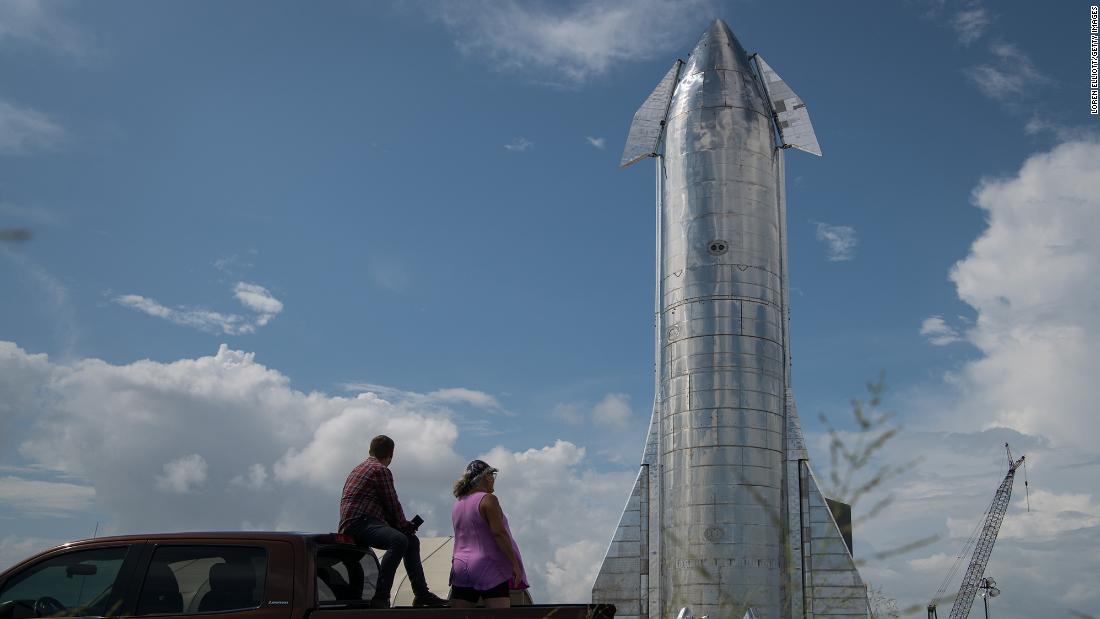
NASA's InSight Mars lander solar panels cleared of some dust - SpaceFlight Insider

NASA’s InSight Mars lander trickled sand into the wind in order to clean off a bit of dust from its solar panels in order to boost its power. Credit: NASA
NASA's InSight Mars lander recently received a much-needed dust cleaning, which resulted in a boost in power production.
InSight has called the Martian surface home for almost three years, having landed in November 2018. The mission was originally planned to last only two years.
Happening on Twitter
The Mars helicopter is kicking up some cool science in how it lifts and entrains dust as it flies. My latest looks… https://t.co/u1gNp6jLPc alexwitze (from Boulder, CO) Wed Jun 16 21:00:01 +0000 2021
Mars helicopter kicks up 'cool' dust clouds — and unexpected science Read more here: https://t.co/vehHtnTR85 https://t.co/N1v9EIyRQi Nature (from Worldwide) Fri Jun 18 14:05:41 +0000 2021

No comments:
Post a Comment